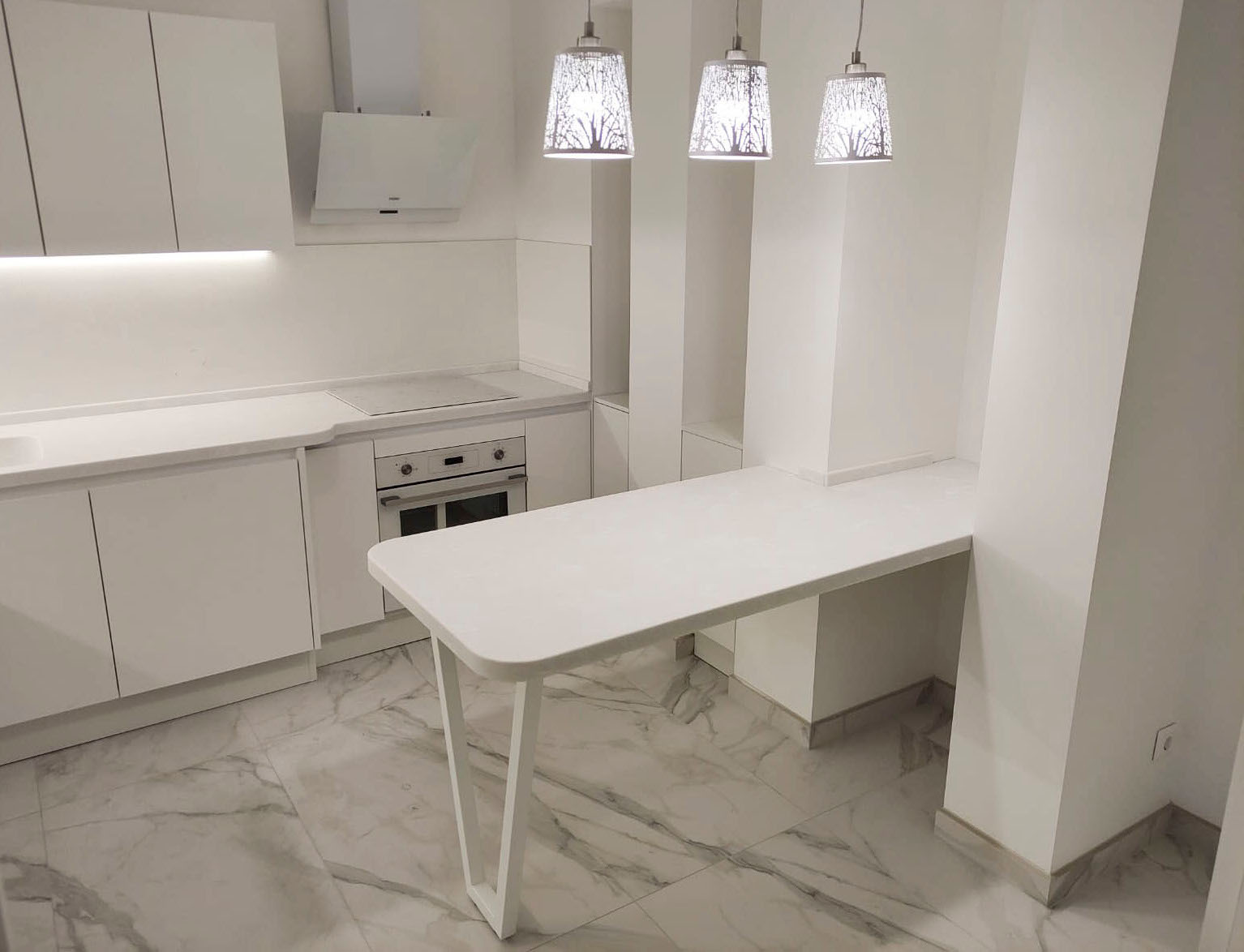
Introduction to Bespoke Kitchen Design
The heart of the home deserves a personalized touch, and what better way to achieve this than through bespoke kitchen design? Mastering the art of custom kitchen design allows homeowners to create a space that is not only functional and efficient but also a true reflection of their personal taste and lifestyle. In this article, we'll walk you through the key elements to consider when designing your own bespoke kitchen, ensuring that the end result is both beautiful and uniquely yours.
Understanding Your Space and Needs
Before you dive into the aesthetics of your kitchen design, it's crucial to assess the space you're working with. This means taking accurate measurements and considering the flow of movement through your kitchen. Whether you're working with a compact urban kitchen or a spacious country house, the layout must accommodate your cooking habits, storage needs, and the number of people using the space. Think about key workstation placement, such as the sink, stove, and refrigerator, often referred to as the kitchen "work triangle," to maximize efficiency.
Choosing a Design Theme
The design theme of your bespoke kitchen should harmonize with the overall style of your home. Whether you favor a sleek contemporary look, classic traditional style, or a more eclectic approach, your chosen theme will inform all subsequent design decisions. Consider elements such as cabinetry, countertops, backsplashes, and fixtures. Research various styles, and create a mood board to visualize how different components will work together in your space.
Selecting Materials and Finishes
Materials and finishes play a pivotal role in defining the look and feel of your bespoke kitchen. From natural woods and stones to engineered products, there are myriad options to choose from. When selecting materials, think about not just aesthetics but also durability and maintenance. For instance, quartz countertops might offer a sleek look with added resilience against scratches and stains, while reclaimed wood can add warmth and history to your kitchen.
Integrating Appliances and Technology
Modern kitchens are increasingly featuring cutting-edge appliances and technology. Integrated appliances that blend seamlessly into the cabinetry create a sleek and uninterrupted look. Smart kitchen technology can include anything from sensor-activated lights to Wi-Fi-enabled ovens that you can control with your smartphone. Decide on which technological features align with your lifestyle and how they can be incorporated into your bespoke kitchen without disrupting the design.
Lighting and Color Schemes
Lighting is a critical element of kitchen design, impacting both functionality and mood. Consider a mix of ambient, task, and accent lighting to cover all your bases. Under-cabinet lighting, pendant fixtures, and dimmable lights are popular choices. Color schemes, whether they're neutral, bold, or thematic, set the tone for your kitchen. Balance your color choices with your lighting decisions to ensure your kitchen is illuminated in the best way possible.
Storage Solutions
A bespoke kitchen should offer storage solutions that cater to your specific needs. Custom cabinetry can be designed with specialized compartments for appliances, utensils, spices, and more. Think about incorporating pull-out drawers, corner units, and overhead cabinets to fully utilize the available space. Intelligent storage solutions can make all the difference in creating a kitchen that is both organized and accessible.
Professional Guidance
While the do-it-yourself approach may be tempting, consulting with a professional kitchen designer can provide valuable insight and expertise. They can help you to refine your ideas, suggest innovative solutions, and ensure that the practical aspects of your kitchen design are addressed. Plus, they'll be equipped to manage the project from design through to installation, making the process smoother and more enjoyable for you.
Conclusion: Creating Your Dream Kitchen
Mastering the art of bespoke kitchen design takes time, research, and careful planning. By considering each aspect of the design process - from understanding your space and needs, to selecting the right materials, to consulting with professionals - you can create a space that is both aesthetically pleasing and optimally functional. Remember, the goal of a bespoke kitchen is to create an environment that feels personal and caters uniquely to your way of life, promising enjoyment for years to come.